Intimate care involves stepping over people's usual boundaries. It takes
us out of familiar territory in terms of how we relate to each other.
It necessitates breaking the usual rules about how to behave in order
to attend to bodily functions which we normally take a lot of trouble
to keep private, and this 'secrecy' [i.e. lack of discussion, support
and training] extends to the work itself...A key issue...is the assumption
that this area of the work does not need to be mentioned.
Open University, 1999
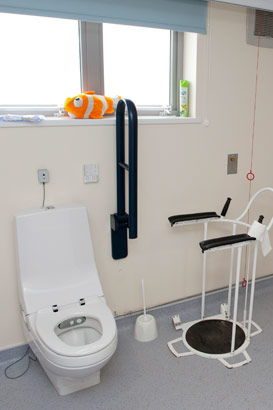
- Personal care can involve some very intimate tasks which most people keep private (e.g. taking someone to the toilet, washing intimate parts of their body).
- Staff may have concerns about this at first.
- They need support so they can ask questions, request advice or discuss concerns.
- Managing staff feelings and sensitivities about intimate care is important so that both staff and children feel comfortable with the way intimate care is given.
A framework for personal care
Listen to these discussions about some of the activities involved in personal care
-
 Group discussion (1)3:39Personal care, toileting and puberty
Group discussion (1)3:39Personal care, toileting and puberty -
 Group discussion (2)3:11Feeding
Group discussion (2)3:11Feeding
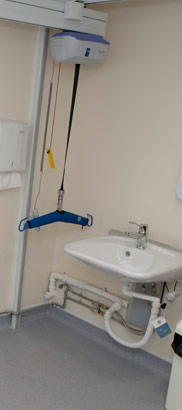
What personal/medical tasks do you think are required on a day-to-day basis?
For an overview of personal care and permitted interventions for carer access, have a look at this presentation.
Whiting, M. (2009) Children with complex health needs: parents, nurses and carers – making things work for children
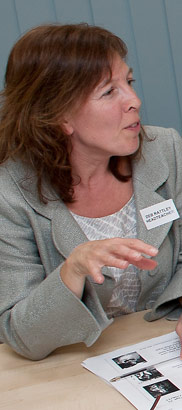
Providing the highest quality personal care is not something an adult is
expected to cope with alone, nor is it acceptable as an ad hoc process.
A proactive, planned approach is essential in promoting good practice to
ensure proper care and support.
Education staff should expect to be working within a clear school policy
framework understood and accepted by parents and staff.
This is part of the safeguarding process which protects both pupils and
staff and promotes best practice. It ensures that pupils have a positive
daily experience and staff can be confident in what they are doing.
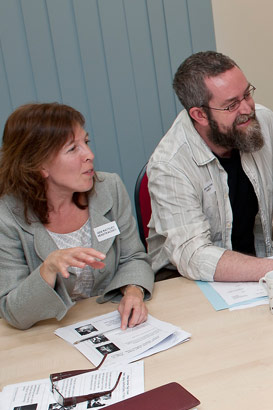
- School ethos.
- School policies, guidelines and protocols.
- Individual education, health and care plans.
- Specialist training (generic and focused on individual).
- Medical/health supervision and advice.
- Day-to-day advice/supervision/mentoring.

Families should be involved in developing their son/daughter's health care plan, and have the implications explained.
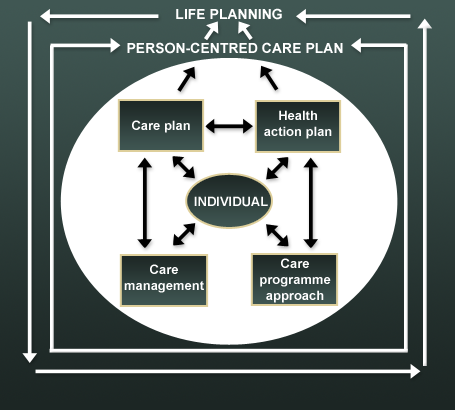
Matousova-Done and Gates, 2006

Matousova-Done, Z. and Gates, B. (2006) 'The nature of care planning and delivery in intellectual disability nursing'. In: B. Gates (ed.) Care Planning and Delivery in Intellectual Disability Nursing. Oxford: Blackwell.
Whiting, M. (2009) Children with complex health needs: parents, nurses and carers – making things work for children.